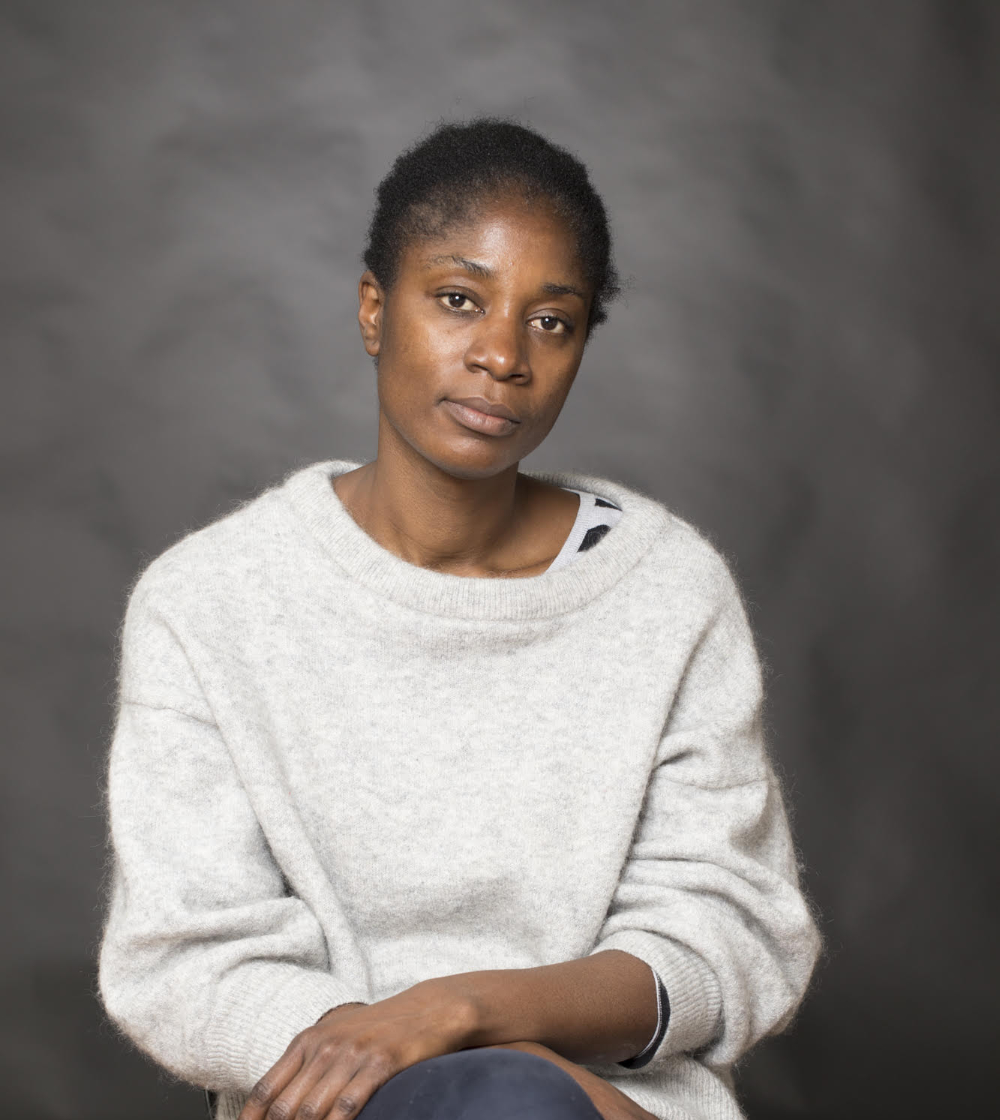ROSINE MBAKAM

BIO
Rosine Mbakam grew up in Yaoundé, in a working-class neighborhood that nurtured her imagination as a filmmaker. After working for 3 years at STV in Douala as a director and producer, she enrolled at INSAS, a Belgian film school. Her graduation film, You Will Be My Ally, gained her wide recognition and she later founded her own production company, Tandor Productions. She has directed four feature documentaries that were selected at major film festivals around the world and is also a lecturer and researcher at KASK in Ghent. The New Yorker defines her as “an original filmmaker of exceptional sensitivity; one of the best documentary filmmakers today”. Mambar Pierrette is her first narrative feature film.
DIRECTOR’S STATEMENT
When I see Africans represented by the West, it’s always in the position of victims. But that’s not what I saw in my family—even if they were struggling with hard situations, they were not victims. They were joyful and strong, and they wanted to do things, share things. My goal when I started to make cinema was to give back power to those people, the power to really tell their stories.
I didn’t want to tell the story of Pierrette the way the West would, I wanted to tell it the way we live it. When it’s hard, Pierrette takes a beer and dances. I do the same thing. I wanted to show the character in the context of my reality. Poverty is my reality. It is the way I film it and represent it that is important and different. I am not ashamed of my reality: I grew up in the same neighborhood as Pierrette. I don’t want to arrange a new reality in order to show “positive” images of Africa. This is a positive image, because I’ve assumed it and represented it. I frame my reality how I see it, not how the West wants it to be.
The documentary aspect is the life of Pierrette, while the political thread in the film is fiction. My cinema is political, and I wanted to show that there is something more to Pierrette’s situation—the fact that she doesn’t have money, that her husband is irresponsible—that is related to the neocolonialism in Cameroon that’s not fully visible, but it’s there. Fiction helped me point that out. But I didn’t want fiction to take power from the life of Pierrette—to overpower the cinema that’s already in the lives of people. So that’s the balance.

